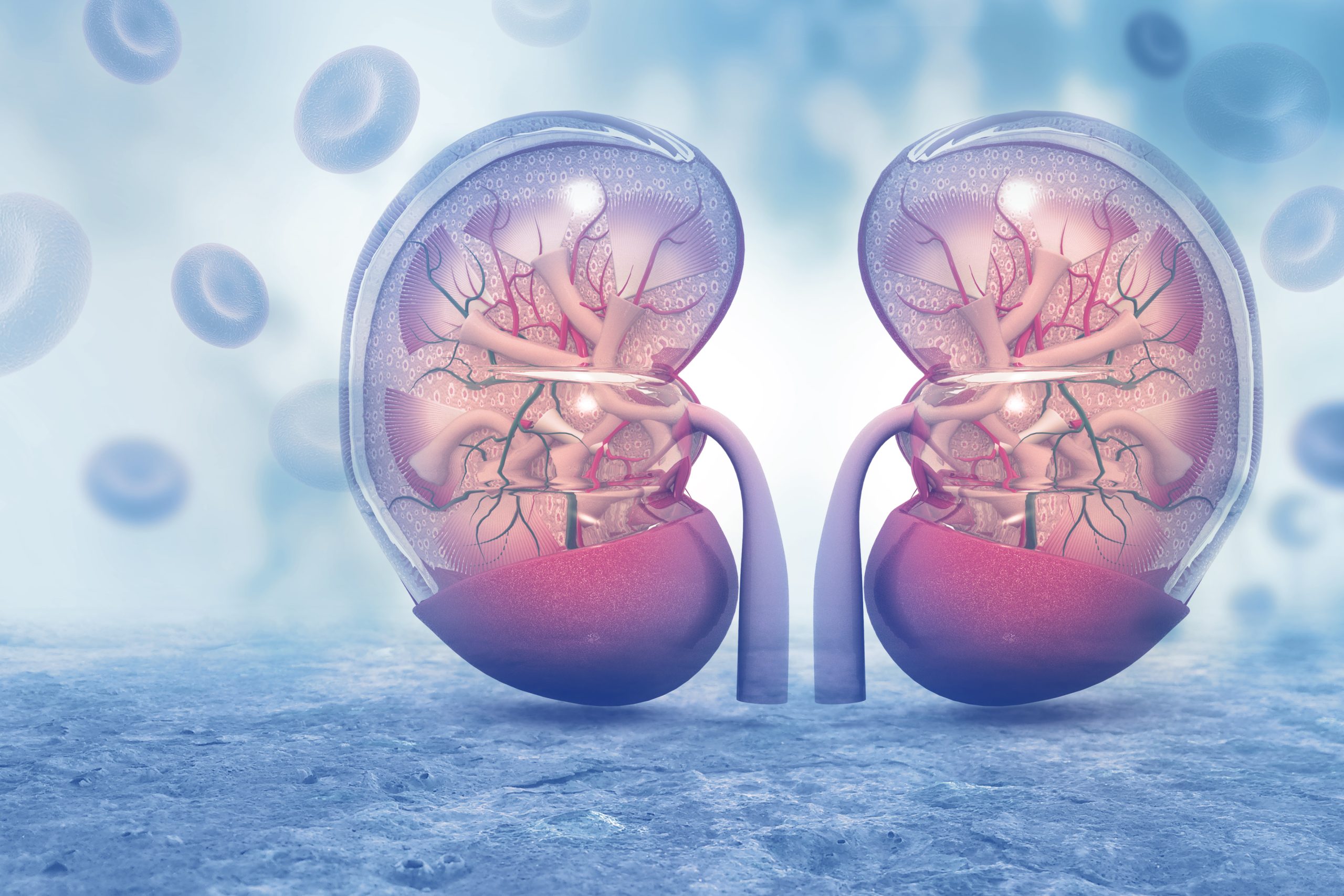Kidney failure can be defined as one or both kidneys failing to adequately filter waste and toxins from the blood. Kidney failure is either acute or chronic. Acute kidney failure occurs suddenly, whereas chronic kidney failure develops over a period of time. Kidney failure is also known as renal failure and can be permanent or temporary, depending on the causative factor.
Causes
Acute Kidney Failure
| Causes | Description |
|---|---|
| Injury or Surgery Complication | The kidneys fail when they are without a blood supply for an extended period of time. This can be because of very low blood pressure due to shock, massive blood loss, trauma or surgery such as a heart bypass. Lack of oxygen to the kidney tissue can cause acute tubular necrosis where the tissues of the kidney starts to die. |
| Acute Nephritic Syndrome | Acute nephritic syndrome is a group of disorders that cause swelling or inflammation of the internal kidney structures, specifically, the glomeruli. It is often caused by an immune response triggered when the body is fighting a disease or infection. |
| Idiopathic Thrombocytopenic Purpura | Idiopathic thrombocytopenic purpura is a condition affecting platelets in the blood. It leads to miniature clots forming throughout the body, including in the kidneys, which damage the kidney structures. |
| Malignant Hypertension | Malignant hypertension is a condition that occurs when the blood pressure suddenly gets so high it damages the kidneys. |
Chronic Kidney Failure
| Causes | Description |
|---|---|
| Diabetic Nephropathy | Features of diabetic nephropathy include the onset of nephrotic syndrome with excessive filtration of protein into the urine, known as proteinuria and high blood pressure leading to progressively impaired kidney function. |
| Chronic Hypertension | As with malignant hypertension, increased blood pressure can damage the structures of the kidney. Blood pressure may be slightly elevated over a long period of time, leading to gradual damage to the kidneys. |
| Chronic Glomerulonephritis | Chronic Glomerulonephritis is a type of kidney disease in which the part of the kidney that helps filter waste and fluids from the body is damaged. There is often no history of kidney disease with onset of this condition and the first sign is renal failure. |
| Polycystic Kidney Disease | This is a genetic disorder characterised by numerous cysts growing on the kidneys. These cysts alter the kidney structure and lead to kidney failure. |
Physiological Effects
During the early onset of kidney failure there may not be any symptoms. As kidney function declines, the symptoms that emerge are related to the inability to regulate water and electrolyte balances, clear waste products from the body, and to promote red blood cell production. Unrecognised or untreated, life threatening circumstances can develop.
- increased acidity, known as metabolic acidosis, occurs due to the inability to regulate bicarbonate. This causes alterations in enzyme and oxygen metabolism, causing organ failure;
- hyperkalemia is high levels of potassium in the blood serum due to the kidneys’ inability to excrete potassium. Hyperkalemia is associated with fatal heart rhythm disturbances such as ventricular tachycardia and ventricular fibrillation;
- levels of the waste product urea can increase in the blood. This is known as uraemia and can affect the function of a variety of organs such as the brain, causing encephalopathy or brain disease, with alteration of thinking, and inflammation of the heart lining or decreased muscle function because of low calcium levels;
- anaemia, a decreased red blood cell count, occurs because low levels of erythropoietin, produced by failing kidneys, do not adequately stimulate the bone marrow to produce more red blood cells. This results in decreased amounts of oxygen reaching tissues and the body tires quickly. With less oxygen, cells more readily use anaerobic metabolism, leading to acidic environments which the failing kidneys cannot regulate;
- breathing becomes more rapid, because the kidneys cannot address the rising acid load in the body, so the lungs try to buffer the acidity by blowing off carbon dioxide; and
- levels of fluid in the blood increase due the kidneys’ inability to filter and excrete, causing blood pressure to rise. This fluid can be deposited in the lungs, leading to increased afterload, which is pressure that the heart has to work against. The pressure eventually becomes too much for the right side of the heart, leading to congestive heart failure.
Treatment
Initial treatment for kidney disease is aimed at treating the causative factor, such as reducing blood pressure. The patient can make lifestyle changes which will better enable their kidneys to function. These changes are generally related to dietary factors such as protein and fluid intake.
When loss of kidney function becomes more severe, the patient will need dialysis or a kidney transplant. Dialysis is when the patient is connected, via an intravenous line, to a machine in hospital which does the job of the kidneys. During a session all of the patient’s blood in their body will pass through the dialysis machine. Initiating dialysis depends on different factors, including laboratory test results, severity of symptoms, and readiness of the patient. The preparation includes learning about dialysis and the types of dialysis therapies, and placement of dialysis access.
The patient’s lifestyle is seriously affected as they will need to have dialysis, on average, three days a week, with each session being three to four hours long. Even those who are candidates for a kidney transplant will need dialysis while waiting for a kidney.

